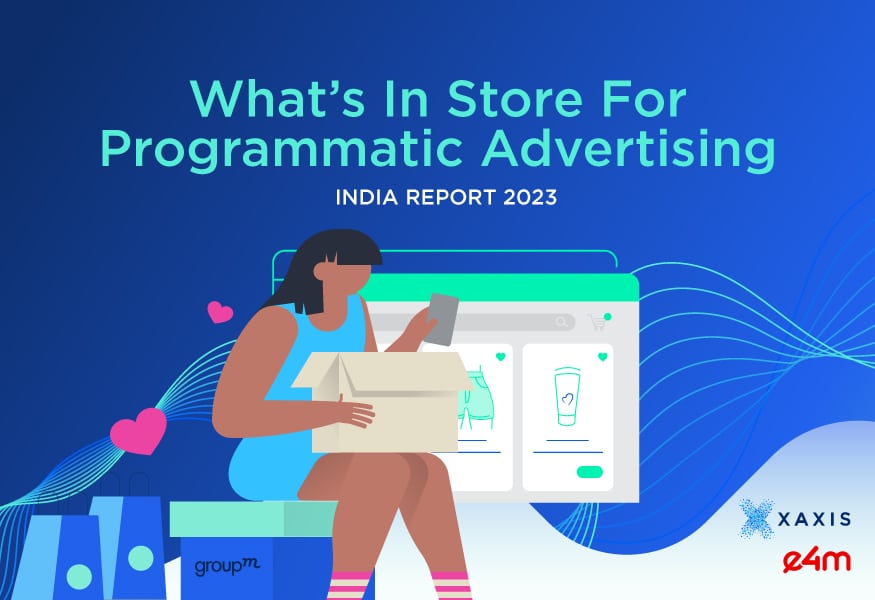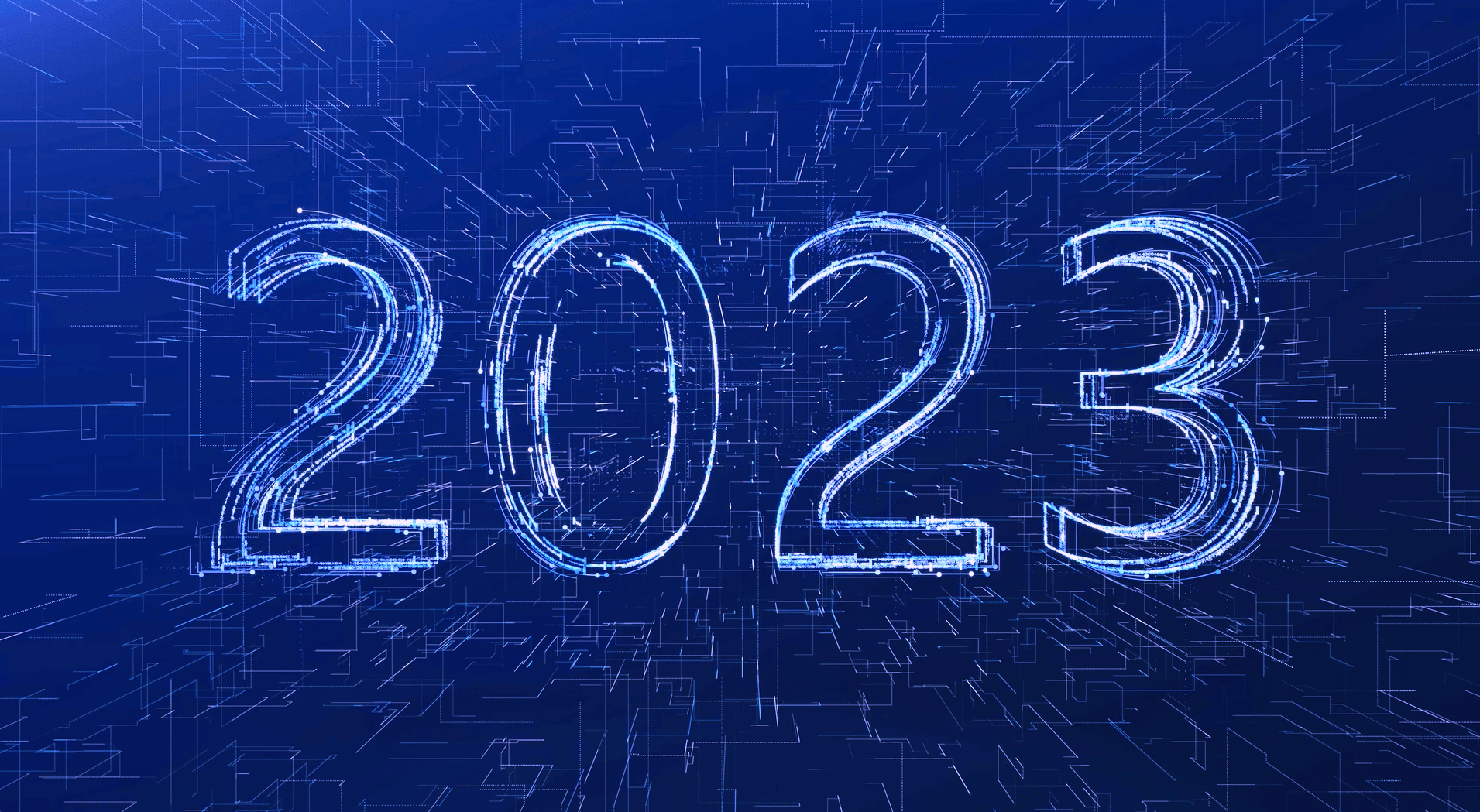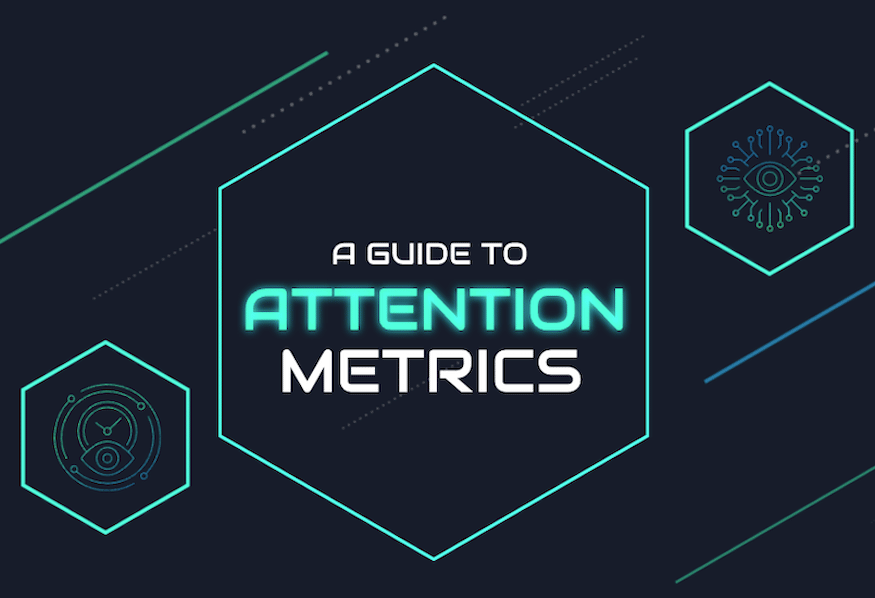This article was originally posted on Adweek
Once an empty buzzword in the marketing world, extensive advancements in machine learning have made artificial intelligence a necessary and pivotal instrument in a marketer’s toolbox.
It’s no wonder there is so much potential in AI for advertising. It is already being used to find and define audiences, craft incredibly precise audience profiles by identifying and locating prospects, refine creative messaging and develop bidding strategies that optimize for clients’ stated goals.
However, that isn’t to say that machines will ever completely replace marketers. Instead, machine learning is used to augment human capabilities, helping marketers accomplish more with fewer resources. At present, many advertisers don’t properly understand AI enough to take full advantage of its capabilities. Instead, they only deploy it to achieve simple goals when it can do much more than elevate discrete performance metrics. When the many applications of AI are used collectively, they can lead to a significant transformation in one’s digital advertising strategy that drives remarkably improved results for clients.
To accomplish that, advertisers need to shift their perspective and refine and expand their idea of marketing success and approach new campaigns that take into account how AI works. The most powerful and largely unfulfilled potential of AI lies in the bigger picture, in its ability to optimize toward business outcomes rather than simple metrics. Therefore, campaigns need to be built around the unique opportunities and strategies afforded by AI.
To design and execute a successful AI-powered strategy, you need the right talent. Any strategy that applies AI requires not only access to premium marketing opportunities but also the skills to handle premium technologies. This starts with programmatic specialists who have a thorough understanding of the current advertising landscape and can design a plan based on requested parameters and desired business outcomes, implement the plan to generate performance predictions, optimize the model to improve executive of AI and achieve better outcomes and analyze the results to provide insights into its effectiveness.
In addition to marketing expertise, programmatic specialists will need data science and engineering acumen to articulate the steps that lead AI to the best results. Scientists can define the fundamentals of the project, making sure it’s sound. They will devise a proof of concept, test algorithms against those proofs, work with the data and decide on inputs and outputs. They can then choose an algorithm they believe will work for the case, make it better, run experiments and make recommendations for engineers to execute.
Engineers will then put the algorithms into production and use, gather and further refine the data as well as make recommendations for further improvements and for the scientists to test. While many of the best algorithms used in AI are freely available via a community of leading scientists, it takes great expertise to assemble, customize and deploy them intelligently. Moreover, algorithms need to be customized to each business, which is why data scientists and engineers who specialize in AI are so in-demand.
At the end of the day, when we evaluate how AI and machine learning are useful in digital media planning and buying, we need to ask if AI enhances the work that people can perform and if it exceeds what programmatic specialists could do alone within similar timeframes and costs. The answer is that it does. AI can elevate people to the kinds of creative, analytical work that humans do best.
For advertising and marketing companies, repositioning their offering to utilize AI and machine learning would be the most logical decision if they want to stay relevant and add value. AI and machine learning are no longer technologies of the future; they’re here now, and they’re here to stay.
Read the rest of the article on Adweek.





